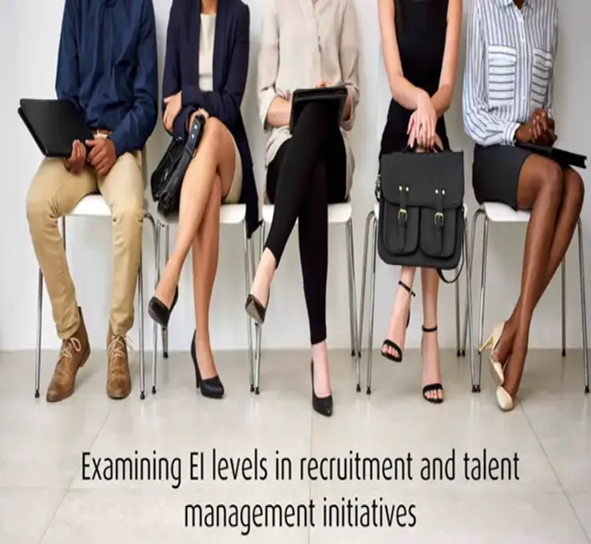The case for emotional intelligence is clear. Successful organisations all over the world are now incorporating EI into the development of their people and their leaders. There’s also a wide variety of research and articles on the importance of hiring FOR emotional intelligence. But in all those blogs and pieces of content, authors don’t talk about HOW to hire for EI.
When we understand our own emotions and the emotions of others, it’s a win-win situation. Our relationships grow, we become more resilient and able to handle stress more effectively. Far too many employees lack basic self-awareness and social skills and too often, people aren’t aware of how their moods and emotions are impacting others in the workplace.
According to Harvard Business Review, “One of the reasons we see far too little emotional intelligence in the workplace is that we don’t hire for it. We hire for pedigree. We look for where someone went to school, high grades and test scores, technical skills, and certifications, not whether they build great teams or get along with others. And how smart we think someone is matters a lot, so we hire for intellect.”
The World Economic Forum lists emotional intelligence as the 6th most important job skill required for success at work by 2020. Organisations that are focused on emotional intelligence in their talent management strategies are taking the right steps to ensure healthy and happy workplaces and teams.
Measuring emotional intelligence should be added to talent management and hiring processes, not to replace other strategies, but to strengthen an existing process. Yes, you still need a comprehensive hiring plan, but what’s now clear to business leaders everywhere is that EI skills and behaviours are as important as your intellect, experience and background in determining success at work and in life.
Explore the emotional intelligence assessment here.

